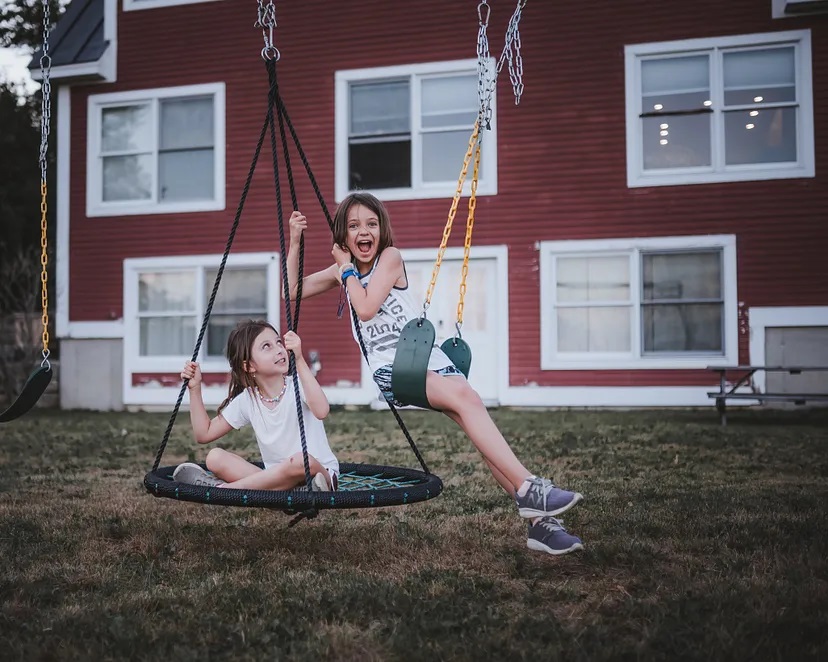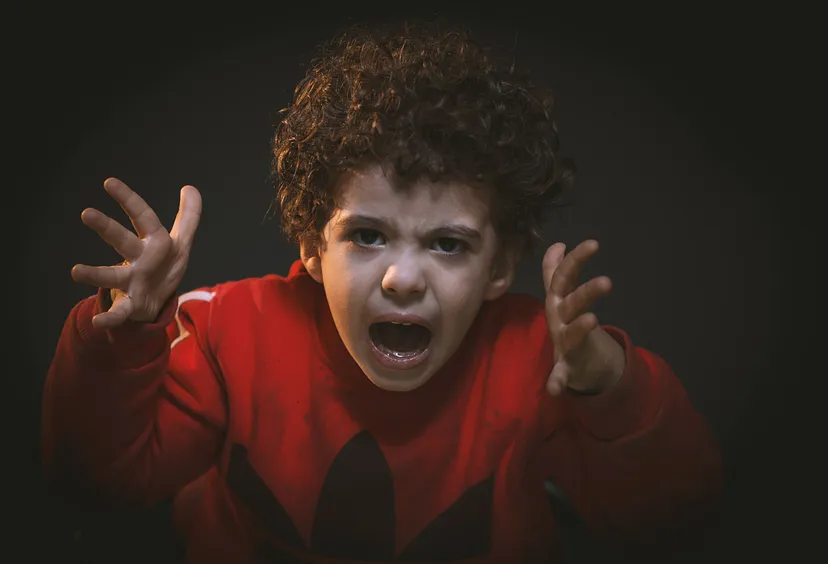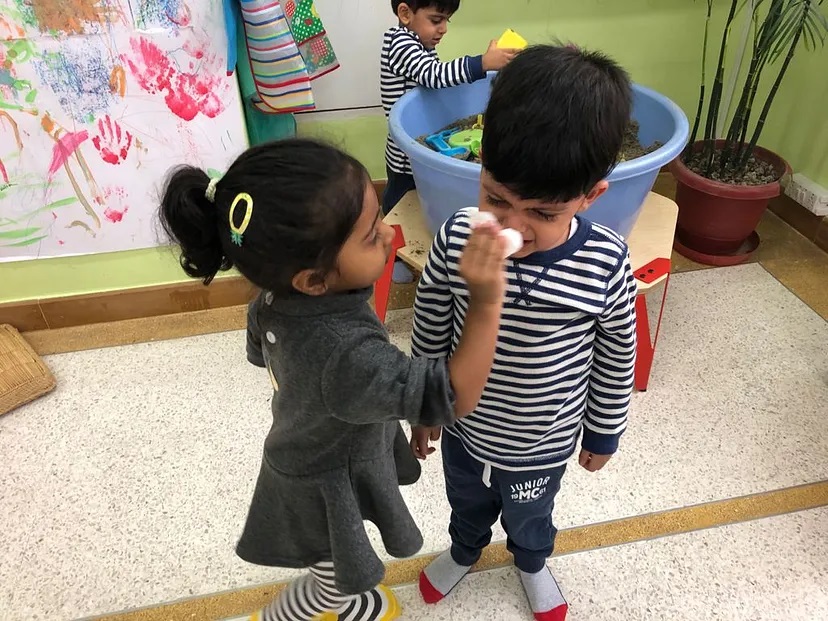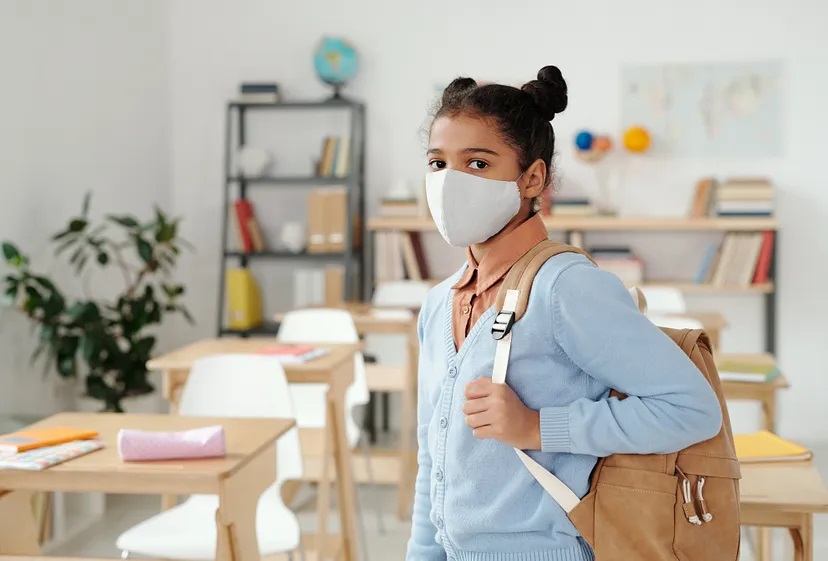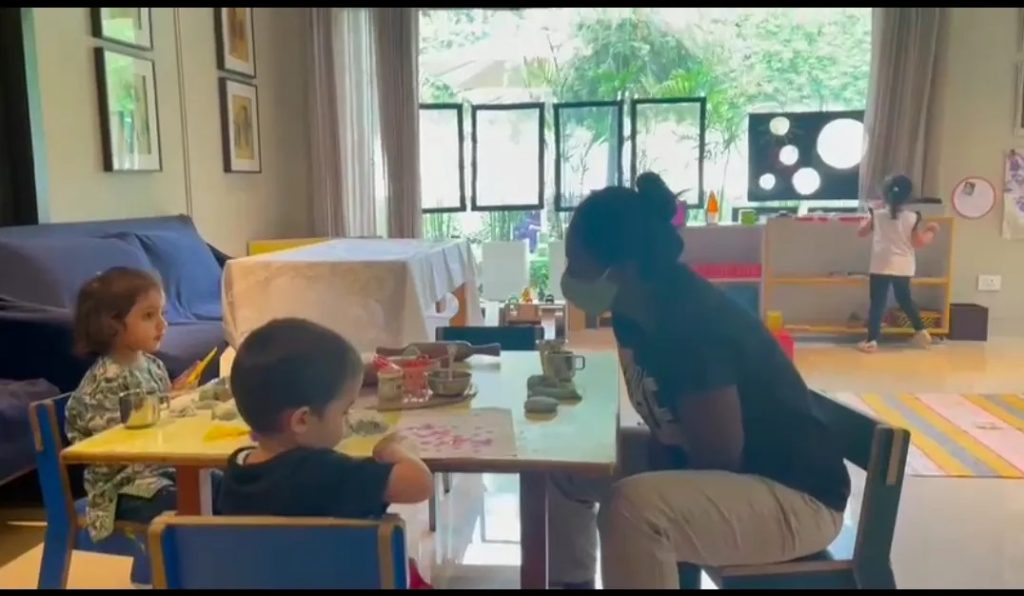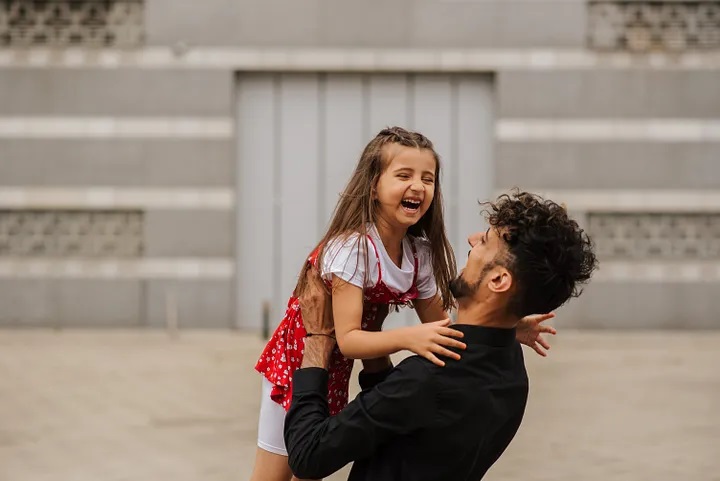Blog / How to Help Your Child Socialise After the Pandemic- Learning Matters
How to Help Your Child Socialise After the Pandemic- Learning Matters
Published December 13, 2025 |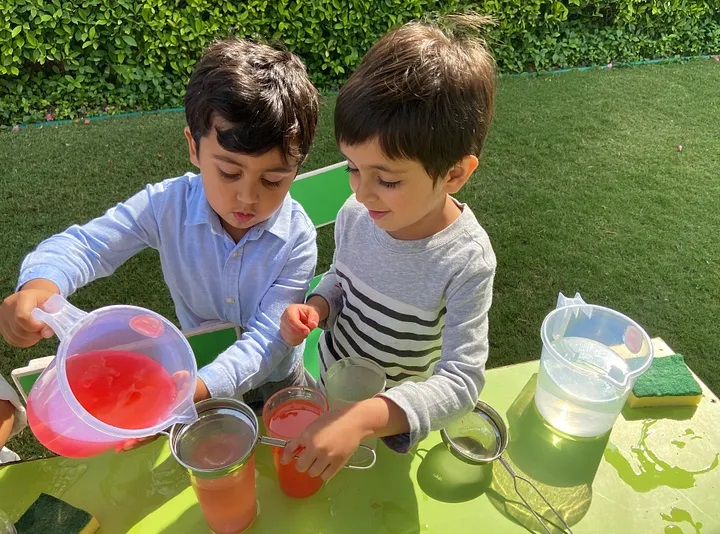
A friend shared the feelings of her toddler as she took him out to a park recently for the first time since the pandemic’s second wave. She was worried he’d be too afraid to socialise.
To her surprise, the child expressed sheer joy as he explored and played outdoors. It was difficult to have him leave the park to come back home. He laughed and kissed both his parents because he was so happy to be out.
This small incident deeply reflected the need for all children to be playing outdoors and preferably with other children, something that feels like a luxury today as a result of the pandemic.
This crisis has had a considerable impact on children’s emotional and mental health.
Many parents report that their child is afraid to go out or socialise after the pandemic. They are hesitant to go to places they once willingly went to.
For some parents, getting their children to visit their friend’s or grandparents’ home seems like a struggle. Many young children are exhibiting more clingy and insecure behaviour.
We know young children need to socialise and play with other children. This is how they learn to interact, share their thoughts, develop language and make meaning of their world. Most importantly, playing with others is a joyful experience.
Instead, for many children, the pandemic has restrained them to mostly being around adults. Furthermore, with increased screen time, children have not been able to develop some key skills that play and interaction with others can naturally help develop.
As an educator with four decades of experience, I continue to observe that for young children playing or socialising isn’t separate from learning. In fact, it is learning.
It is the best way for children to develop self-confidence, interpersonal skills, and a problem-solving mindset.
So, as parents and teachers of young children, how can we ease this quintessential socialisation process for our children? Here are a few ways:
Observe your child
The first thing all parents must do is observe their children in order to notice any signs of distress or any unusual behaviour.
This could include clinging to you (the parent) more frequently, making excuses to avoid stepping out of the house, being quieter than usual, etc.
To help our children, we first need to understand what could be going on with them even if they are unable to voice it.
Acknowledge their emotions
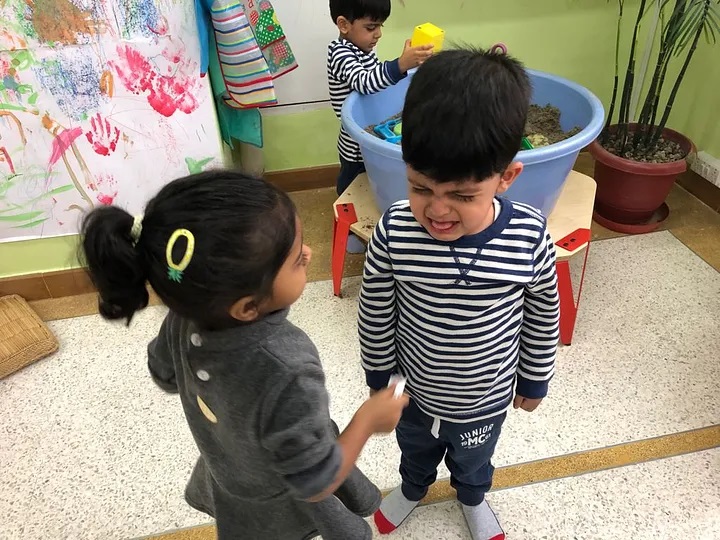
Children, like adults, can also experience stress and anxiety. We often downplay children’s emotions or consider them trivial in comparison to ours. That should never be the case.
Children need to be seen and heard. To do so, parents should genuinely make time to talk to the child and understand cues.
Then, we must acknowledge their emotions in a manner like: I understand you must be feeling sad because you are missing playing with your friends. Would it help if I played with you?
Be honest with them
This may sound obvious but as adults, we often try to project that all is fine even when it may not be so. This approach can give children a false sense of safety.
Children know that times are different. Parents are working from home, friends aren’t meeting, maybe there has been a bereavement of a family member or a close friend.
It is important to be honest and not hide or sugarcoat facts for our children. As parents, we need to break down for them what’s happening in simple terms so that they can comprehend.
Children are curious, smart, and capable and hence, need to be treated that way in order to feel valued and respected.
At the same time, be honest with them about your emotions as well.
It is a stressful time for all, and children shouldn’t feel that they are the only ones feeling distressed. Yet, we need to ensure that there isn’t a negative environment at home.
Take small steps
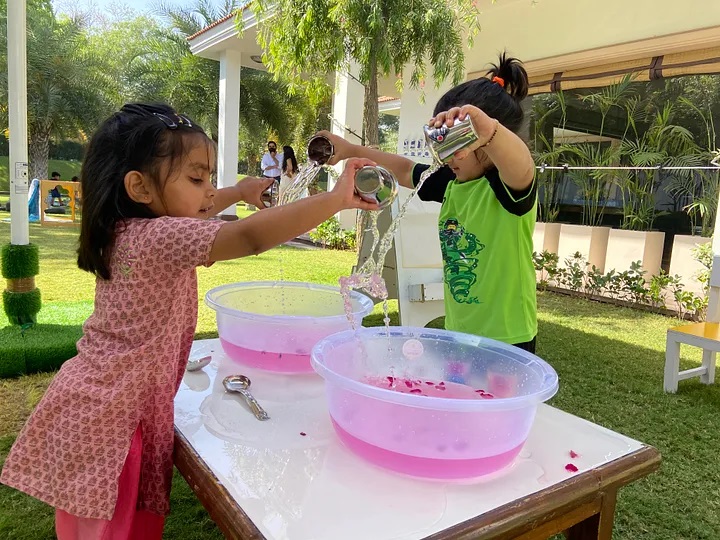
If your child outrightly refuses to go out for an activity they once loved, be it playing with friends or going to grandparents’ house, as a parent you need to take it slow.
Maybe you can help them meet one friend to play with outside. Or, take them outside their grandparents’ house and just wave at them. These baby steps will ensure that not much changes for the child at once.
Children like routine and predictability. Hence, we have to be disciplined and gradual in our process to help them integrate socially again.
Help them feel safe and familiar
Feeling safe is paramount for children. So, ask them what makes them feel so and give them access to it. Whether it is a toy or a blanket or their pet, give them permission to carry it along when stepping out.
This can help create a sense of safety and familiarity.
It should not be perceived as feeling weak but as taking preventative actions to feel stronger.
If they need to resume school, for example, arrange for a prior visit to help your child remember what school felt or looked like. Sudden actions can throw children off so any change must be scaffolded.
Connect with your child
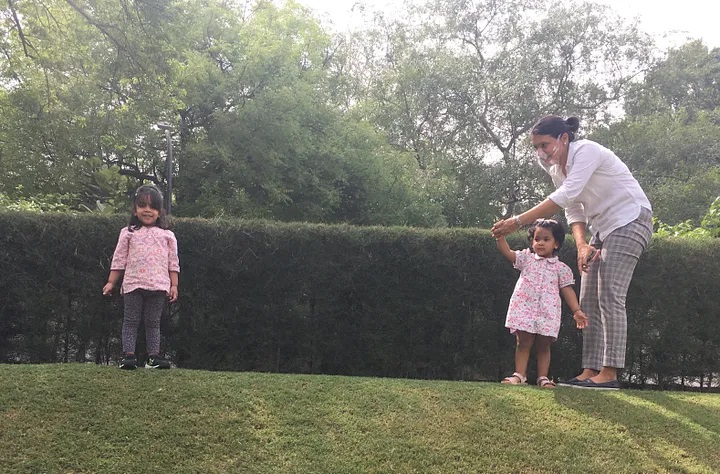
Lastly, as parents, we have to find ways to connect with our children and be emotionally present for them. They could be feeling confused, scared or stressed and the most familiar source for them are parents.
If it is not possible to go out or send them out, make time at home to talk to them, socialise and be fully present in that moment.
Ask them what they’d like to do once they can go out and try to replicate it with them at home.
Conclusion
As parents, it is indispensable to emotionally connect with your child.
Plan your time together so the child has something to look forward to, be it reading their favourite book, making innovations out of open-ended play materials, singing songs or playing games.
Children are inherently curious and full of joy and imaginative ideas. They too like interacting with their peers and will hopefully once again assimilate but till then they need help in the process.
Parents are a child’s biggest support, and they need to use the right approach and allow for the time that each child needs.

